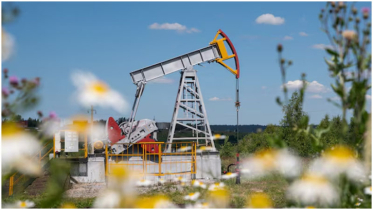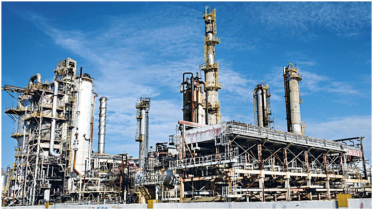Brent nears $60 as oversupply and weak demand pressure oil markets

Oil prices edged lower in early Tuesday trading, weighed down by renewed fears of oversupply and sluggish demand, even as ongoing U.S.-China trade talks offered a faint note of optimism.
By mid-morning, West Texas Intermediate (WTI) was down 0.52% at $57.22 per barrel, while Brent crude slipped 0.54% to $60.61. Market sentiment remains bearish amid growing signs that the global oil balance is tilting toward surplus. The International Energy Agency (IEA) recently warned that a potential crude glut of nearly 4 million barrels per day could emerge by 2026 as production from both OPEC+ and non-OPEC countries increases while demand growth remains subdued.
Technical indicators are also signaling caution. The Brent futures curve has shifted into contango—where future contracts trade at higher prices than near-term ones—suggesting that traders expect weaker demand or abundant supply in the months ahead.
On the consumption front, economic uncertainty in the world’s two largest oil consumers, the United States and China, continues to weigh heavily on sentiment. While President Donald Trump voiced optimism about securing “a very strong trade deal” with Chinese President Xi Jinping, key disputes over tariffs, technology access, and supply chains remain unresolved. These lingering tensions continue to cloud China’s growth outlook and energy demand.
Recent data reinforce this softness: China’s crude imports fell to around 11.5 million barrels per day in September, their lowest since January, even as refinery activity rose—reducing room for additional imports or stockpiling.
Looking ahead, analysts say that without a sharp rebound in demand or major supply disruptions, oil prices are likely to stay under pressure. Brent crude is now hovering near the key $60 threshold, and a decisive break below that level could pave the way for further declines. With supply climbing, demand faltering, and trade uncertainty persisting, bullish momentum in the oil market appears increasingly fragile.
.png)




